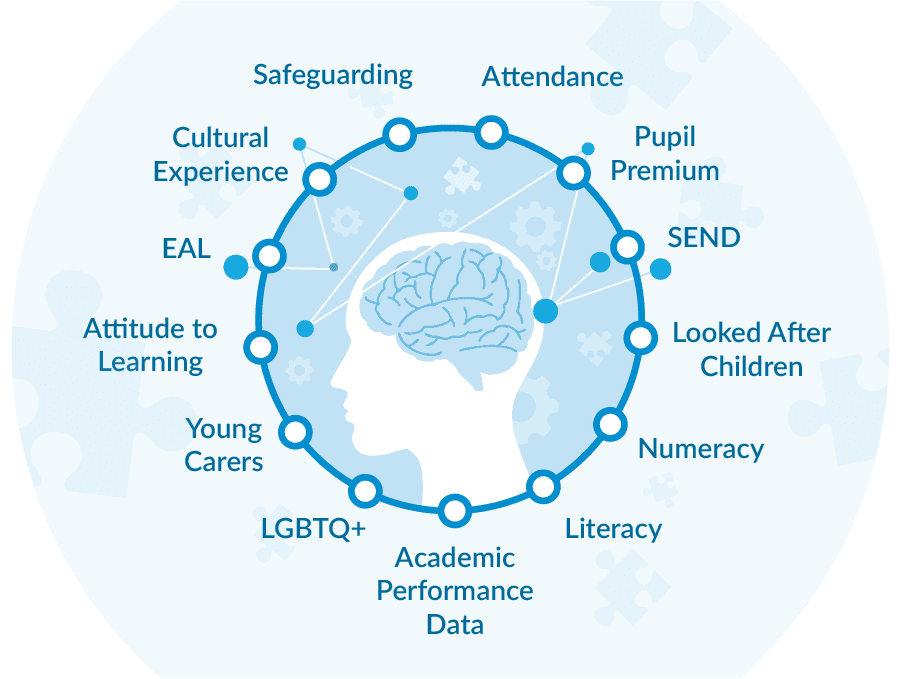At ATT, safeguarding is at the heart of everything we do. Our mission to transform life chances starts with creating safe, supportive environments where every child feels secure, valued, and ready to thrive. We believe that safeguarding is everyone’s responsibility. That’s why we work closely with our academies to build strong, inclusive safeguarding cultures that put children first—no matter their background or circumstances.
All members of our school communities – including staff, leaders, governors, trustees, parents, carers, and students – are supported with training and resources to help them recognise signs of abuse and respond confidently. This includes regular updates, induction programmes, and practical tools like our Safeguarding Snapshots and KCSIE briefings.
We use CPOMS to record concerns and observations, helping Designated Safeguarding Leads (DSLs) build a clear picture of each child’s needs and access the right support at the right time. If a child is at immediate or high risk, concerns are shared with the DSL straight away, verbally and without delay.
Every ATT academy works to create a psychologically safe environment where children feel able to speak up. We make sure students know how to report concerns and trust that they’ll be listened to and taken seriously. Staff are trained to guide students to safe disclosure routes and respond appropriately.
To support academies in offering both universal and targeted help, we provide an Early Help Core Offer. This includes tools, training, and guidance devised by our Inclusion & Safeguarding team to help schools work effectively with families.
Our approach to mental health is proactive and personalised. Through our Mental Health Waves of Provision, staff are equipped with evidence-based strategies like Zones of Regulation and Emotion Coaching. These help students build emotional literacy and resilience, while also supporting staff to manage their own wellbeing and know when to seek help. This work is closely linked to our SEND Core Offer, which gives schools access to screening, assessment, and intervention tools for children with social, emotional, and mental health needs.

